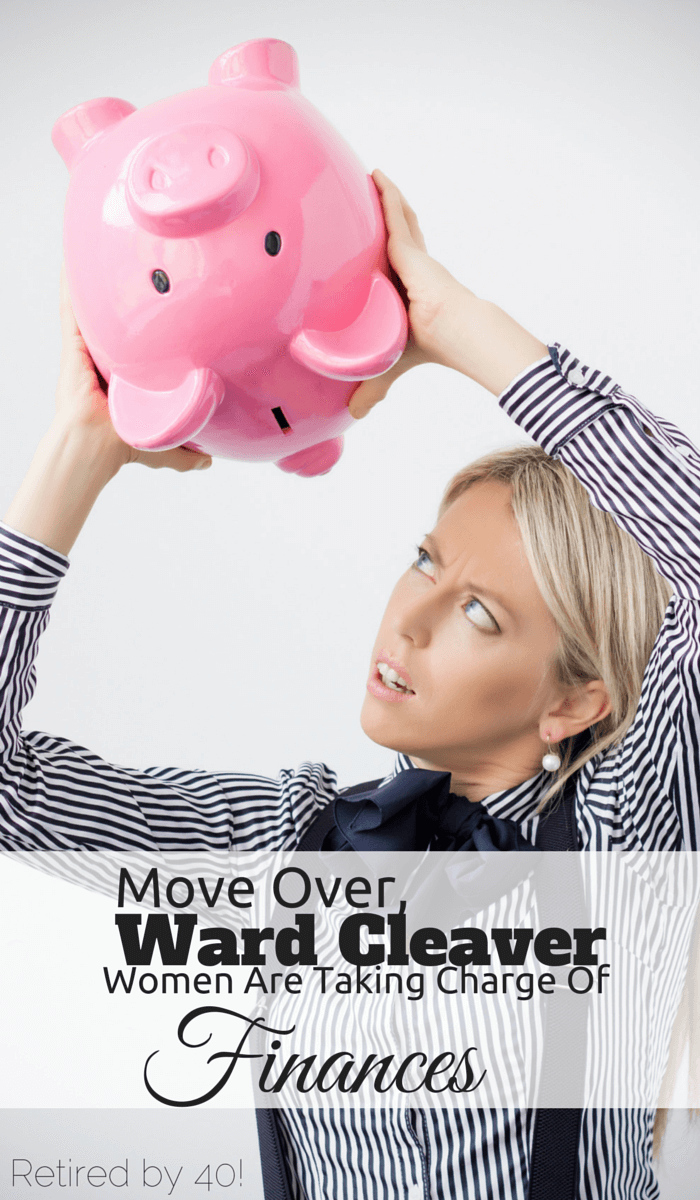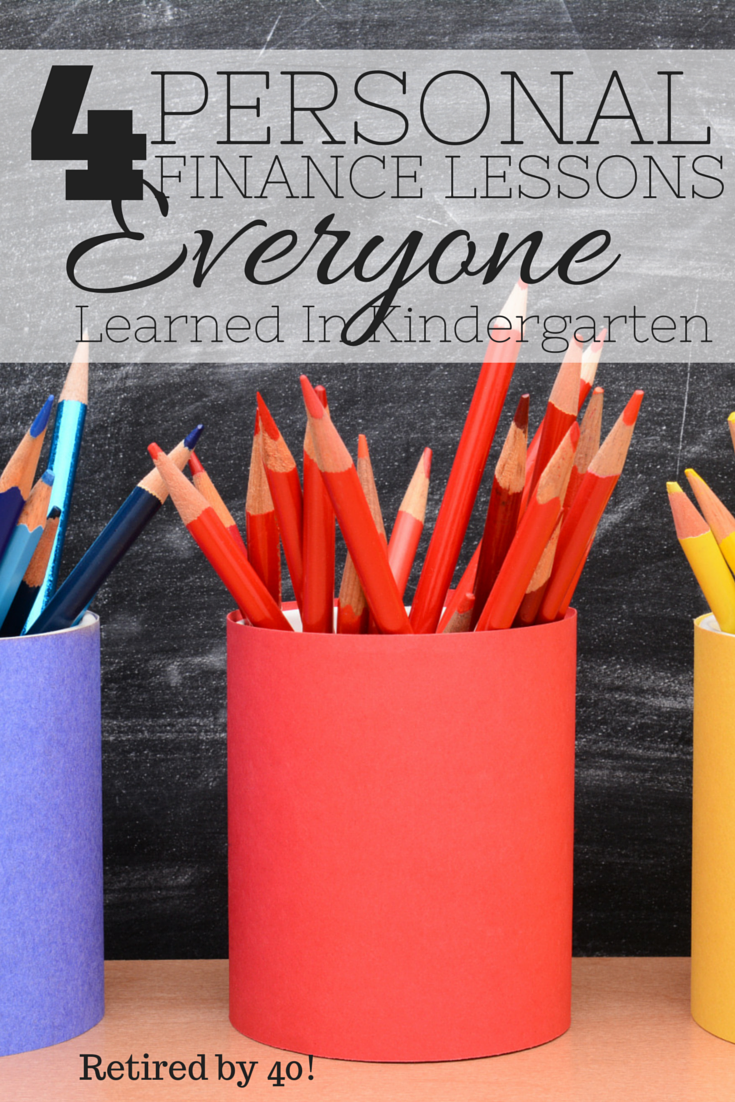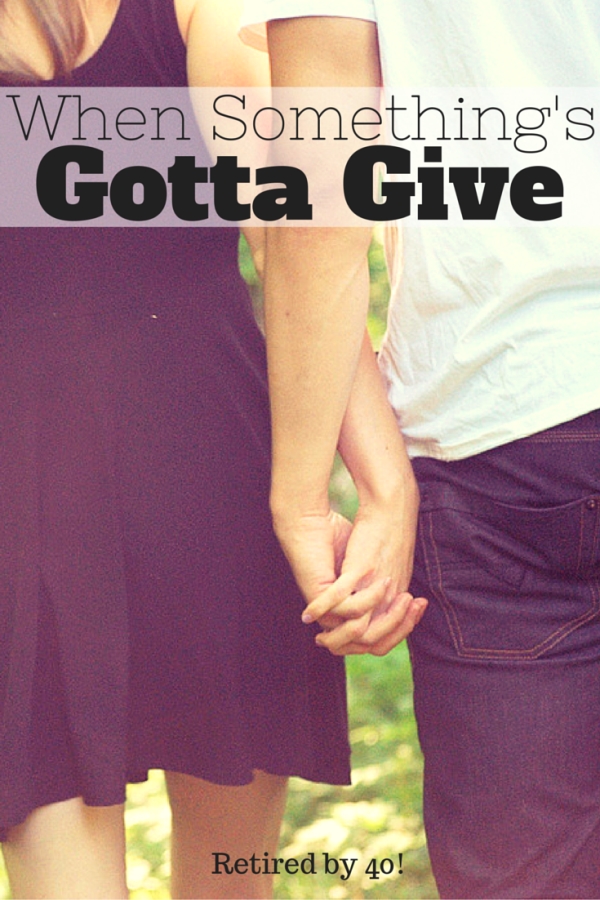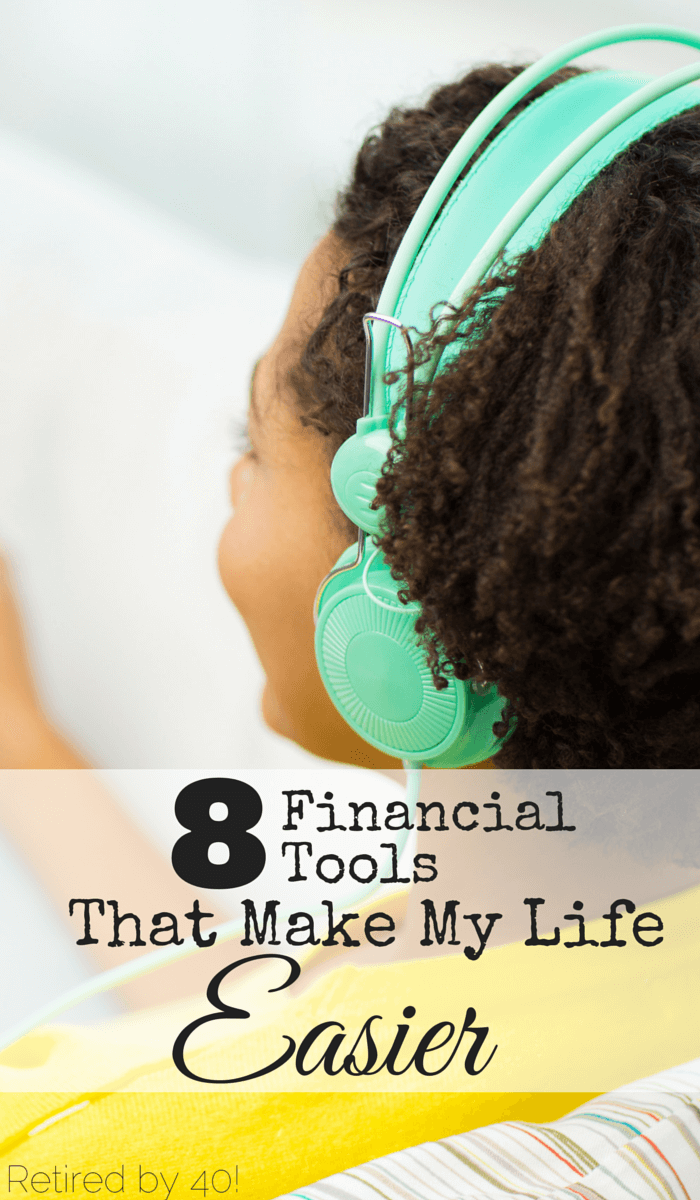As straightforward as something like “personal finance” can be, what we’ve discovered is that its anything but.
I suppose maybe the name “personal finance” is misleading. What is it, really?
“Personal finance is defined as the management of money and financial decisions for a person or family including budgeting, investments, retirement planning and investments” – at least according to Dictionary.com
To me, this sounds remarkably boring, and unrelated to emotion, which is misleading. Something as boring as personal finance shouldn’t allow a place for emotion, now should it?
I hate to break this to you, but the assumption that emotion plays no role in something as mundane as personal finance is wrong.
Take a look at these examples to see why:
It’s an old story, really. A man hits a certain age, and starts feeling like he needs to hit the open road. Or maybe he’s feeling insecure. But whatever the reason, he feels the need to make a change.
Then one evening, his wife watches, dumbfounded as her sensible husband pulls into the driveway with his brand-new Harley. His midlife crisis.
And I can assure that his midlife crisis had a price tag.
Then there is the classic “diamonds are a girl’s best friend.” My husband has been known to buy me jewelry after a fight (shhhh, don’t tell!), and I would venture to guess that other husbands have too.
We’ll call the jewelry in this scenario Apology Earrings, and you can bet that they had a hefty price tag as well.
A more simplified way of looking at the relationship between emotion and finance is by this statement:
“Money runs the world”
No, this statement isn’t overkill, it’s simply true.
Nearly every single action we take has a monetary implication. Everything we do boils down to money, and in the case of a family, the family’s money, also know as personal finance. The midlife crisis Harley and the apology earrings weren’t free. They cost money.
Maybe those expenses were budgeted for, but I’m guessing in most cases, they weren’t.
Regardless, those purchases cost money. Money, which is part of that individual or family’s personal finances.
Money runs the world.
And therefore, so does personal finance.
One of the biggest wreckers of personal finance is guilt.
Budgeted and saved-for expenses are rarely the result of guilt. Do you pay your electric bill out of guilt? I don’t.
Do you pay for groceries out of guilt? Probably not.
Is your mortgage the result of guilt? I certainly hope not.
Those expenses were all anticipated, budgeted for, and while they may vary in amount from month-to-month, no one is surprised when those bills arrive in the mail.
And paying them is not the result of guilt.
But lets think about spur-of-the-moment purchases.
What types of purchases do you make in the heat of the moment?
I’m going to do a bit of stereotyping here, and then talk about my own experiences, so bear with me.
I would venture to guess that women tend to purchase things like shoes, clothes, cosmetics, home décor, or even kitchen items when they weren’t expecting to. Further, most women that I know who have children tend to buy toys, shoes, and clothes for their children more frequently than the buy items for themselves.
My experience with men’s purchases are limited to those that my husband tends to make, but his include things like new, cool appliances, running shoes, firearms, and of course things for me such as chocolate, office supplies, gift cards, and yes, even jewelry.
I’m lucky, I know.
I know for a fact that I purchase things out of guilt, out of a need to please, and out of a desire to make myself better, and my husband does the same thing.
We don’t always make impulse buys out of guilt, but guilt is a major factor in impulse buys for our family and for many others.
I’m no psychologist, but buying “things” out of guilt is no way to solve the problems causing the guilt.
And while saying is easier than doing in this instance, learning to cope with the guilty feels can have a positive impact not only on your emotional health, but your financial health too.
Some Helpful Tips To Deal With Guilt
- Recognize the kind of guilt you have and it’s purpose: Guilt’s purpose is to help us grow and learn when our behavior has hurt others. But in many cases, guilt is felt even when our behavior was perfectly acceptable, and may actually have no basis. Vocalizing the guilt you feel and honestly acknowledging the source (or the lack thereof) is the first step in eliminating or managing it.
- Make amends or changes sooner or later: If your guilt has a root cause, take steps to fix the behavior that is causing it. This could be a quick fix, or a long, drawn out experience. Regardless, you cannot move on until changes are made. If the source of your guilt comes from expectations that are too high (not a specific behavior) then the changes you need to make are within.
- Accept what was wrong or harmful about your behavior and move on: We all make mistakes, whether an internal feeling of high expectations, or an actual hurtful behavior. No one is perfect, and know that having made the necessary changes you can forgive yourself and move on.
- Learn from your behavior: Similar circumstances will arise and guilt will start to creep in again. There is no way to get away from this, but you can take what you learned before and apply it to each and every new situation. Every day, you will learn to cope with guilt faster, more efficiently, and quicker than ever before.
These steps are not quick by any means, but they do provide a solid foundation for starting to rid yourself of guilt that may be wrecking your finances.
One thing my husband and I usually suggest to each other when we suspect the other may be making a “guilty” purchase is a 3-day rule.
Personally, I am not a fan of the 3-day rule for big purchases, like other families utilize, but for us and where guilty spending is concerned, the rule works well.
Either one of us can invoke the 3-day rule at any time, and although we rarely choose to use it, when we do, the other has to comply.
As spouses, our job is support one another, and so during that 3-day period, we make it a point to help the other identify and deal with any guilt that may be causing the desire to make a purchase. Sometimes, it works, and sometimes it doesn’t, but each time we try to identify guilt-driven purposes our finances, our marriage, and or emotional health benefit.
And, we come that much closer to eliminating guilt in our purchases and our life.
Can you see the effect of guilt in your finances? What do you do about it?
Gretchen
*This post may contain affiliate links














I think guilt about past decisions can easily haunt people for the rest of their lives. I’ve also noticed those who are public about their finances are typically those who have been doing everything right, or whose biggest mistake was something minimal. It makes it tough to not beat yourself up over past mistakes.
I totally agree that guilt can make us make some bad decisions when it comes to our finances and buying these we don’t really need. All emotions have an impact on our personal finances.
Oh man, I grew up living with a mom who believed in retail therapy. She never realized she was doing it, and it took me a long time to understand that I took that on as an adult. I worked really hard to push past this a couple years ago, but it creeps in so easily. “I didn’t take enough time with my daughter this morning, maybe I should get her a gift.” Once in a while that won’t hurt, but it’s not the way to live life. I wouldn’t mind if my husband decided he needed to get me a little jewelry now and then. He’s too practical. On the plus side, he sticks to the budget:)